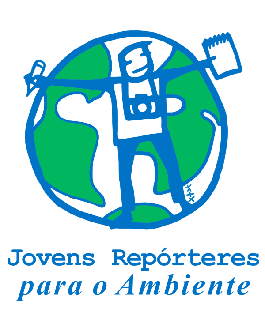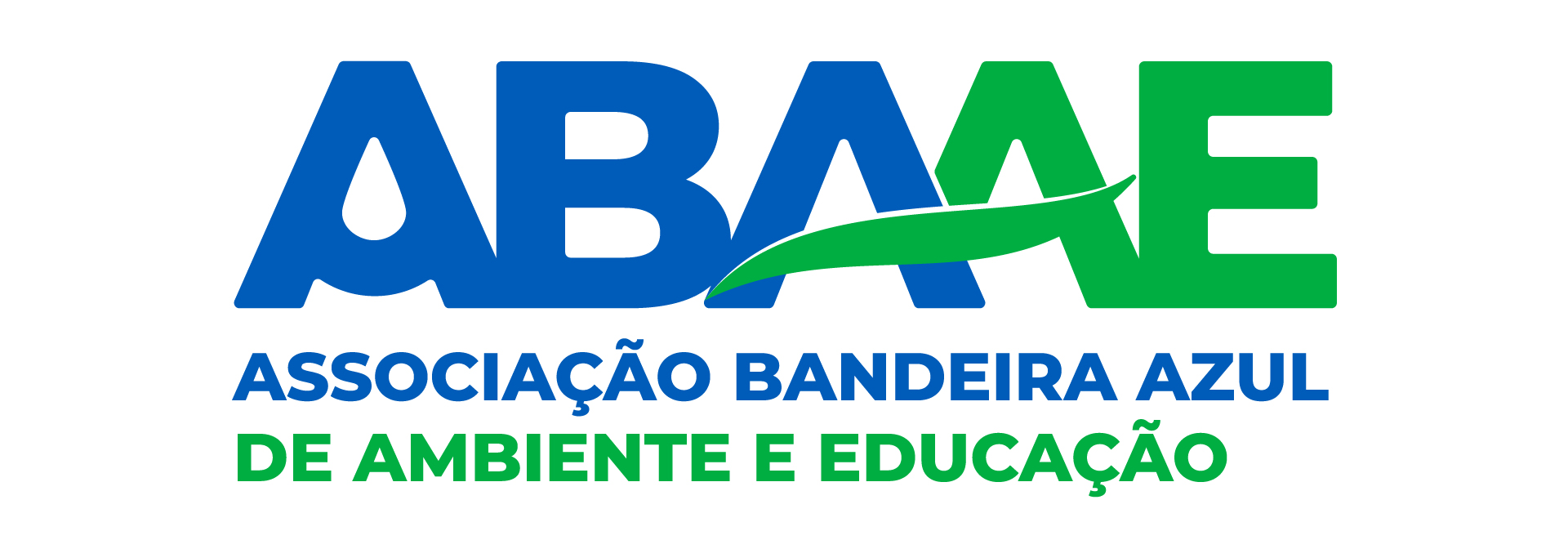The Foundation for Environmental Education (FEE) main mission is “to engage and empower people through education in collaboration with our members and partners worldwide”. With efficiency, dedication and incredible ability since 1980, FEE reaches people and raises awareness about the need of being environmentally educated and having an eco-friendly attitude.
In order to achieve the 17 sustainable goals, ensuring the compliance with the organizations and partners and recommending policies/plans to act, FEE focuses on programs, such as Young Reporters for the Environment, Eco-Schools, Blue Flag, Green Key and Learning about forests that make the difference every day.
This year in NOM some personalities from the foundation were present and shared what it is like to work in FEE and make it successful: Lesley Jones, the president of FEE; Boris Susmak, Young Reporters for the Environment Board Director; Malgorzata Luszczek, International YRE Director.
From all the projects developed by FEE which one has shown to reach more people and has been more successful over the last years?
The President of FEE answered that “in terms of reach to people I think we would have to say Eco-Schools that is a well established program that has been around for nearly 25 years and that now reaches over 50 million students across the world, in 60 different countries. So it is a success because the more young people we can reach the bigger difference we can make. Also, the other programs are reaching different audiences in a way so if we are talking about blue flag that reaches people in the municipalities and visitors and our green key program reaches out people in the hotel sector. But I don’t want to forget our very important maybe slightly smaller programs because they are growing all the time. YRE is a fantastic program in terms of reaching older students and it gives freedom and flexibility for young people to choose the way they want to use that passion for an issue that matters to them. And I must mention our fifth program that is Learning about Forests that has a very niche place and everything about it focusing in biodiversity with an important cultural and even economic value of the forest, so that’s a very important learning program as well”.
Do you think environmental education is working on the perspective that kids learn about these issues at school and share it with their friends and family? And how is the family feedback?
“The family feedback is incredibly important. Young people are such an important starting point because they are the future but we mustn’t just look to the future; we need to think about what we are doing now as well because it has impact in the future but also in the present. So I think the feedback you get from acknowledgement you can get through schools, organizations and through FEE programs is very important as well as sharing it” stated Lesley Jones.
To maintain the project and to make it successful what is the main challenge you faced?
“The Main challenge is always the limited budget we have, because we can have a lot of dreams and ideas that we want to implement but sometimes we don‘t have enough resources. But if you have good ideas and if people like to do it we can do the activity even if there aren’t enough resources” affirmed Malgorzata.
How important do you think it is to reach Universities with projects such as YRE and Eco-Schools?
“I think it is very important to try to have continuity and there already are some very strong Eco-Campus around the world. Actually, were the students who said that wanted something like Eco-Schools at Universities. The students themselves influenced the structure, the institution and the management of the university. One of FEE objectives is to support the development of Eco-Campus and reach students through the YRE program. Developing this in Universities is an opportunity for students to change behaviors and take action as they are older and more mature” asserted Lesley Jones.
Most of the countries involved in YRE project are from Europe, how do you think cultural and political barriers influence the participation of more countries from different continents?
The President of FEE believes that “every country has different challenges and different opportunities, and I think partly there are more countries in Europe because FEE started in Europe and so there hasn’t been much time for the projects to develop globally. I think some countries have more challenges; maybe the countries from the developing world that for not having NGO’s that are able to start the program so easy, so the starting point would be for a NGO to be developed first. Obviously, we have talked today about the importance of funding and finances, so that can be a challenge and a barrier to find the resources, the expertise and the skills. I believe the program now has grown very significantly over the last few years, reaching more countries and more young people. We have to recognize diversity, we have to recognize culture diversity and we have to celebrate it”.
Do you think it is becoming harder and harder to discuss environmental issues bearing in mind recent political changes?
“The choices, the presidents that changed in the USA and in other countries and people as well led to more restrict decisions and that might affect global issues and discussions about sustainable development, including the decisions we are taking. I think that climate change resolutions made a few years ago gave a step back. It is our role not to let it happen” said the international YRE director.
What are the most important aspects of this National Operators Meeting?
Gosia answered: “From this meeting my biggest expectation is related to education for sustainable development, taking YRE from the field that has been focusing on and expand it to others based on different issues such as social and economical. And for this we will discuss it with the national operators so to involve students in the program that are interested to write about poverty, gender equalities and other aspects. I think that all these discussions we have till now gave us a lot of good ideas to develop the program. Hopefully on the next NOM we will review all these decisions we are taking today and we will see what the best way to achieve success is.”
Here in Portugal we have special seminars for teachers to instruct them on how to produce a video and how to write articles. Does it happen in other countries? Do you consider it important?
“This experience and this know-how that you have is crucial and all other countries should copy because it is really amazing and results are definitely awesome, since it is what we need in this particular program” sentenced Boris Susmak.
What do you expect from your new position as YRE Board Director?
Boris claimed that “definitely I will add as many energy as possible to this NOM and in other activities. We are Young Reporters for the Environment, have to feel like that so we have to feel energetic and try to motivate others that are listening, reading or looking into our results”.
What is your personal motivation to be the president of FEE?
“When I become a part of FEE I found straight away that passion of being a part of a world movement and to learn about the way people do things and the challenges they have in their cultures and lifestyles. I think that opportunity to be part of the world through FEE is a really good motivation. As part of my responsibilities I have to make sure FEE itself is a strong and sustainable organization and pass the message to different countries” answered Lesley Jones.
If you had to describe FEE in one sentence, how would you do it?
“FEE is a Remarkable family that talks about taking action to bring about an important change” asserted Lesley Jones.
Portuguese YRE at the NOM 2017:
Joana Pedro, Luís Dias, Ruben Pereira, Sara Cascais

